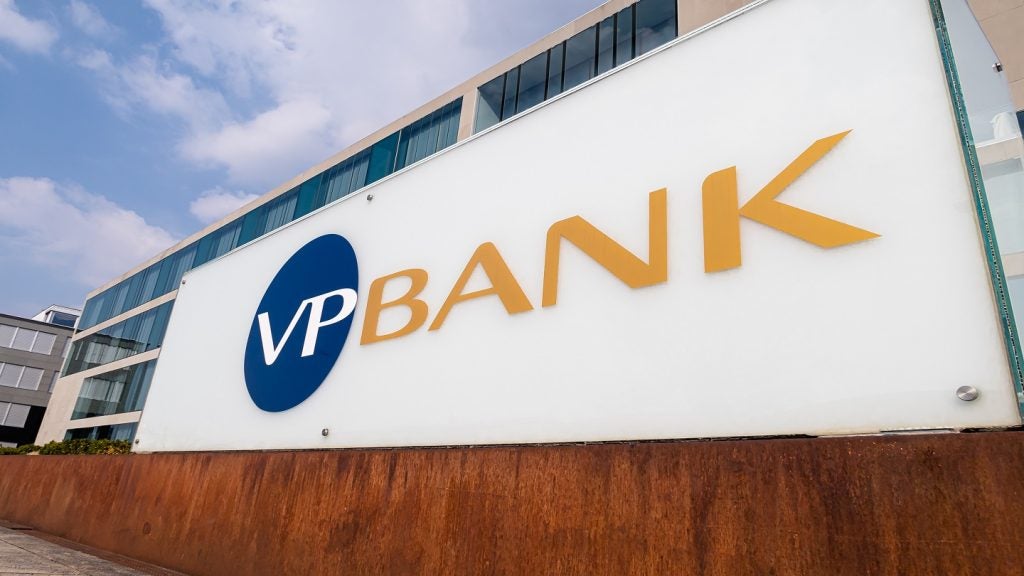BSI has become the latest Swiss bank to report
a decline in assets under management (AuM) due to the rapid
appreciation of the Swiss franc, with client assets dropping 2% in
the first six month of 2011.
BSI’s AuM stood at CHF74.7bn ($93.3bn) as at
31 June 2011, compared with CHF76.2bn as at 31 December 2010.
However, AuM enjoyed a marginal 1%
year-on-year growth compared with CHF75.4bn for the corresponding
period in 2010.
Profits in decline
BSI’s half-year net profit saw a 10%
year-on-year decline to CHF34.8m, as operating income declined, by
1.8% on a year-on-year basis to CHF439m.
Operating expenses rose to CHF328.8m – in part
due to increased investment in Asia, Russia and Eastern Europe
where the bank is bulking up its presence.
New money – ‘old’ emerging
markets
BSI’ net new money (NNM) reached CHF2.9bn in
the half of 2011, representing a year-on-year growth from CHF1.8bn
as at 30 June 2010.
The biggest chunk of NNM came from the growth
markets in Latin America and Asia, the bank said.
BSI said it is in the process of obtaining a
banking license in Hong Kong, where it currently operates an
investment advisory company.
IT upgrade complete, sells B-Source
stake
BSI has now completed the group-wide
implementation of its new IT platform, B-Source Master.
The bank said the upgrade will increase
operational efficiency and accelerate the time to market for new
products and services.
The bank has also decided to sell 51% of its
wholly-owned IT and back office services company B-Source to
Avaloq.
BSI will retain a 49% stake as a minority
shareholder.







